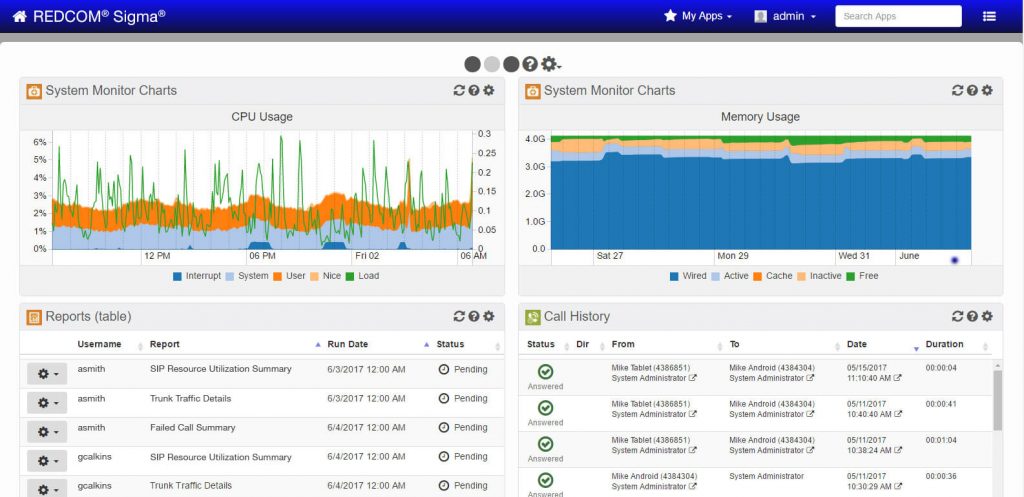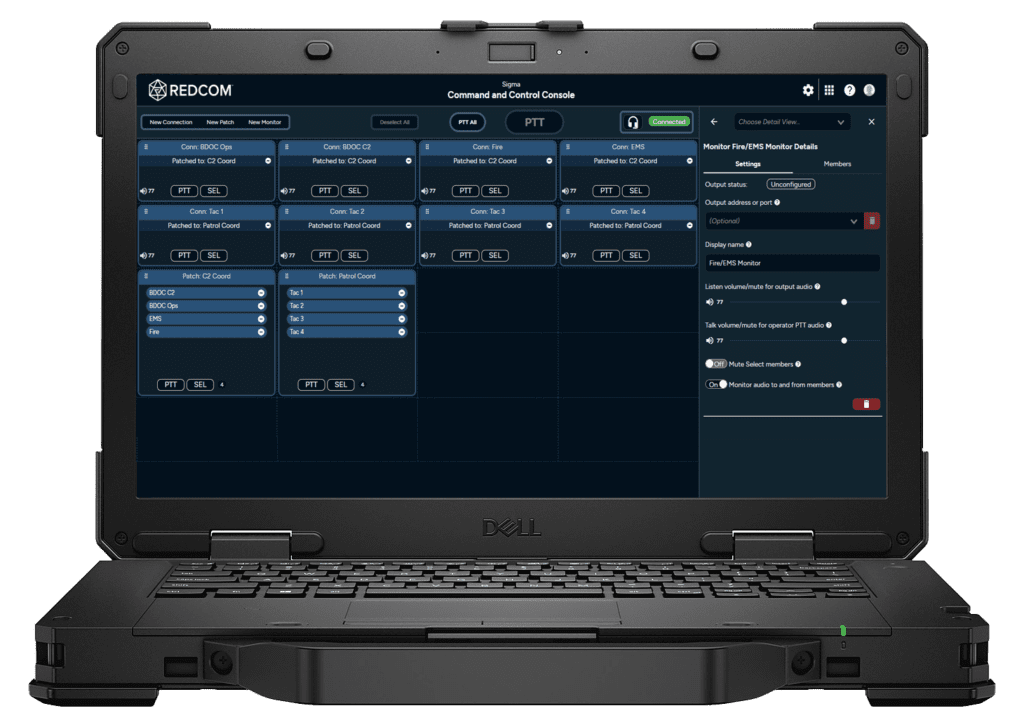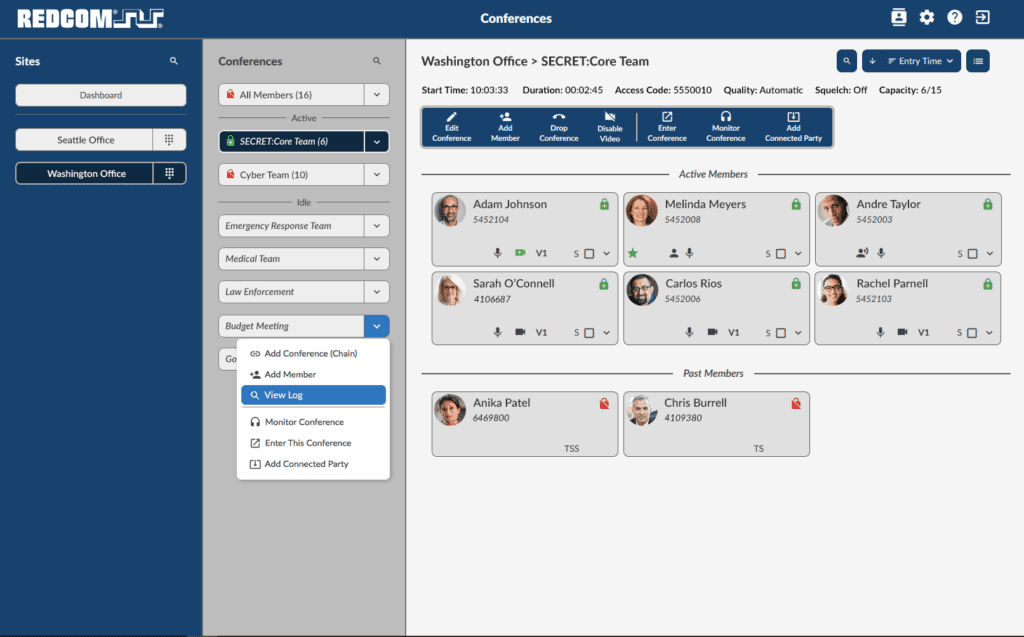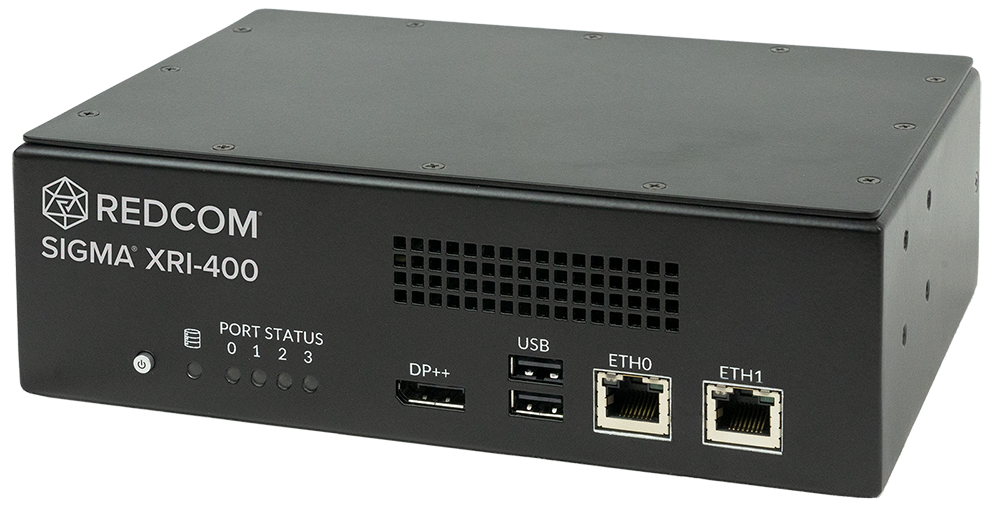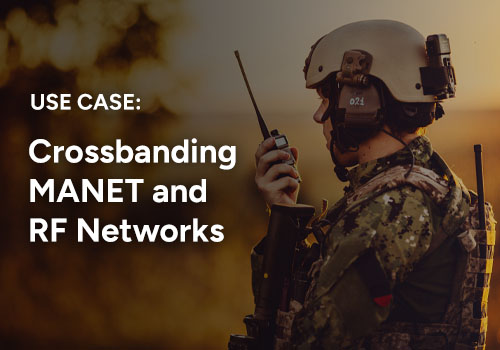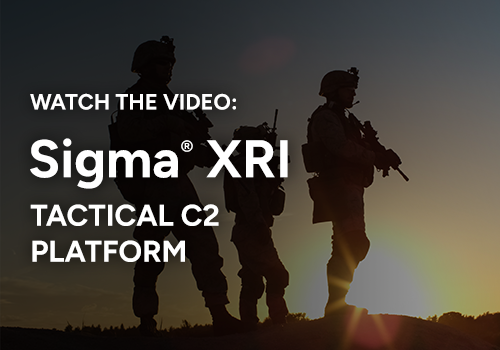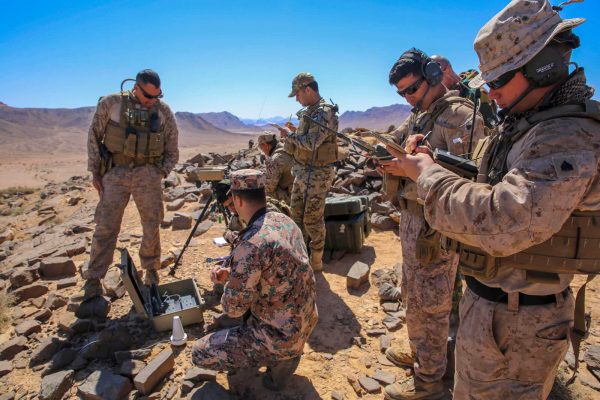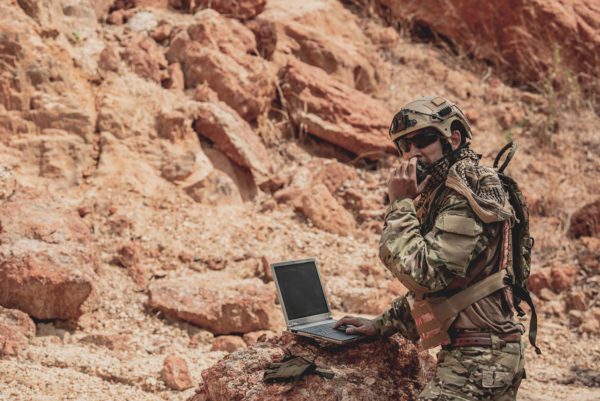The name REDCOM stands for REsearch and Development in COMmunications, so it’s no surprise that we take research and product improvement so seriously. Whenever we work on new technology, we leverage both our internal R&D team and external resources in the community.
REDCOM recently formed a partnership with the Rochester Institute of Technology and the Golisano College of Computing and Information Sciences to help us dig deeper into blockchain and Zero-Knowledge Proof (ZKP) technology. These advancements would give REDCOM its own modifiable and controllable authentication system that is distributed.
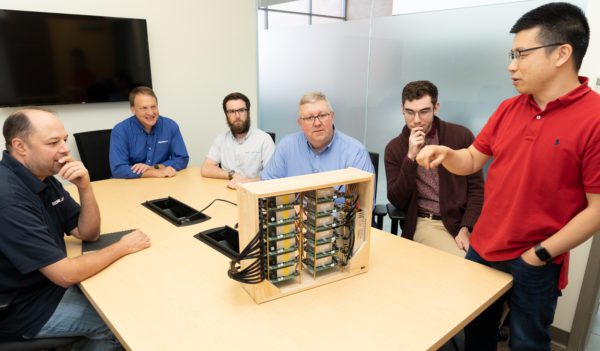
REDCOM has teamed up with Dr. Peizhao Hu of RIT’s Golisano College of Computing and Information Science, a Professor and research engineer with extensive experience in cybersecurity and blockchain technology. Members of the REDCOM leadership and R&D teams – Chris Hasenauer, Jeff Smith, Sal Ceravolo, and Collin Sweeney — recently visited RIT to meet with our research partners and go over new developments.
You may be asking: what is a blockchain, and what will it allow REDCOM to do? A blockchain is a list of records called “blocks” that are linked using cryptography. By design, a blockchain is resistant to the modification of data. The blockchain gives the user a controlled Hyperledger, which prevents altering of previous versions of a record but also allows controlled access to specified individuals. Therefore, if a hacker were to try to make a change, that information would be easily identified and recorded.
REDCOM’s authentication method is based on zero-knowledge proof (ZKP) which allows parties to prove their identities without requiring the authenticating party to know (or store) any personal information. The key benefit of this method is that authentication sources don’t have to worry about being hacked and losing vital customer identifying information.
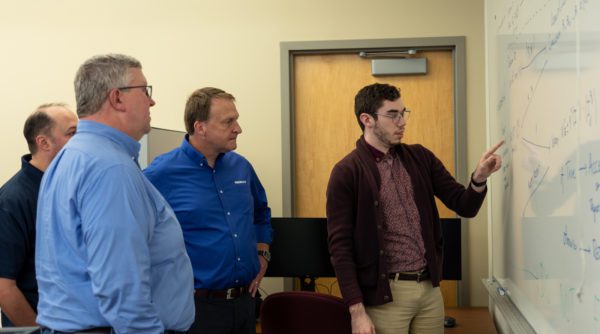
Coupling the ZKP-based authentication system to the Hyperledger allows for a fully distributed authentication system that has no single point of failure that can compromise the entire system. This means that there is no central server storing your password information, thus removing any potential threat.
Developing the blockchain and zero-knowledge proof capability is extremely important to REDCOM because it will allow us to provide an authentication system that can be used in denied and contested environments. We envision future solutions being used in disaster recovery scenarios and at the tactical edge where access to the cloud or an authentication server may be impossible.
REDCOM is looking forward to further development in the areas of security, encryption, and authentication so that we can keep improving the technology that keeps our warfighters and first responders connected.
